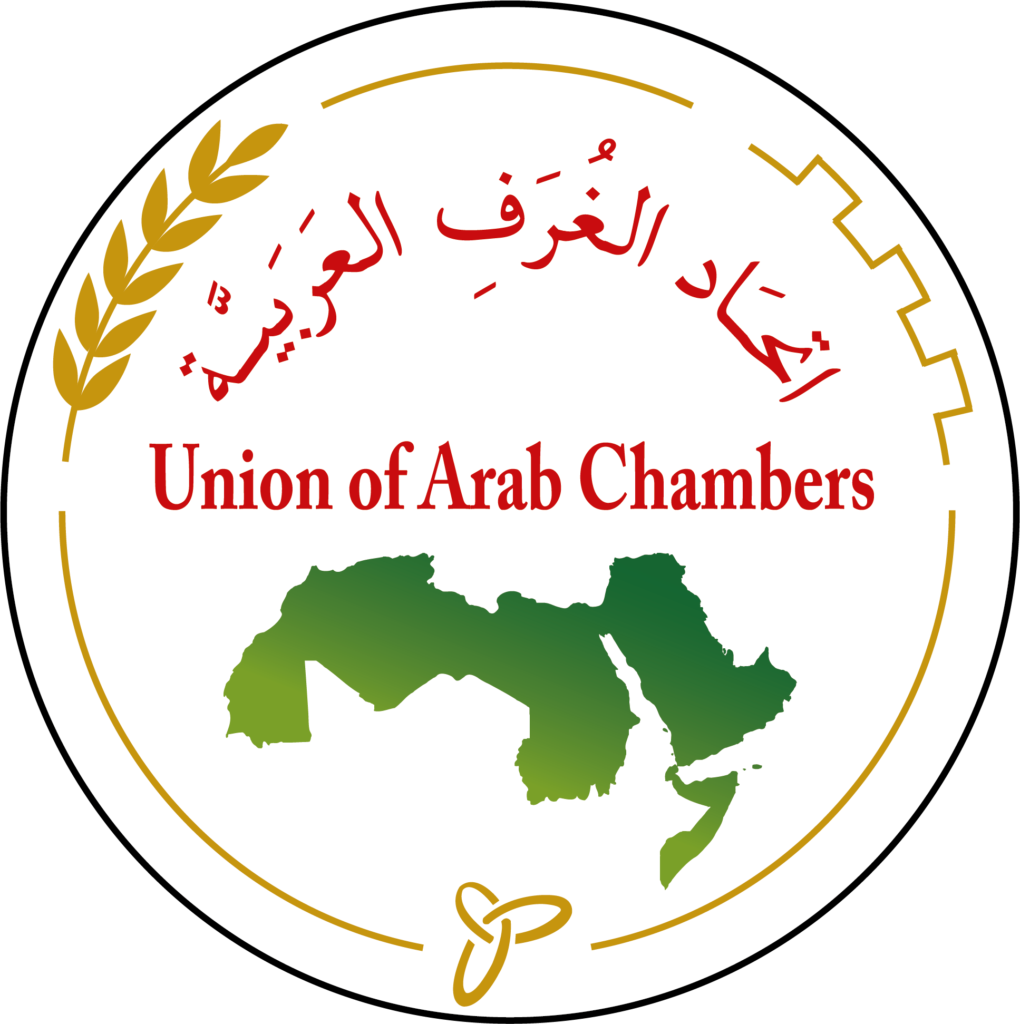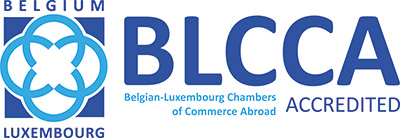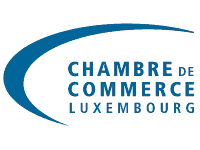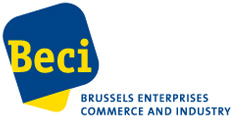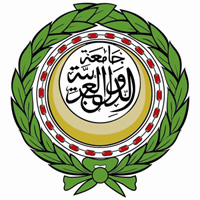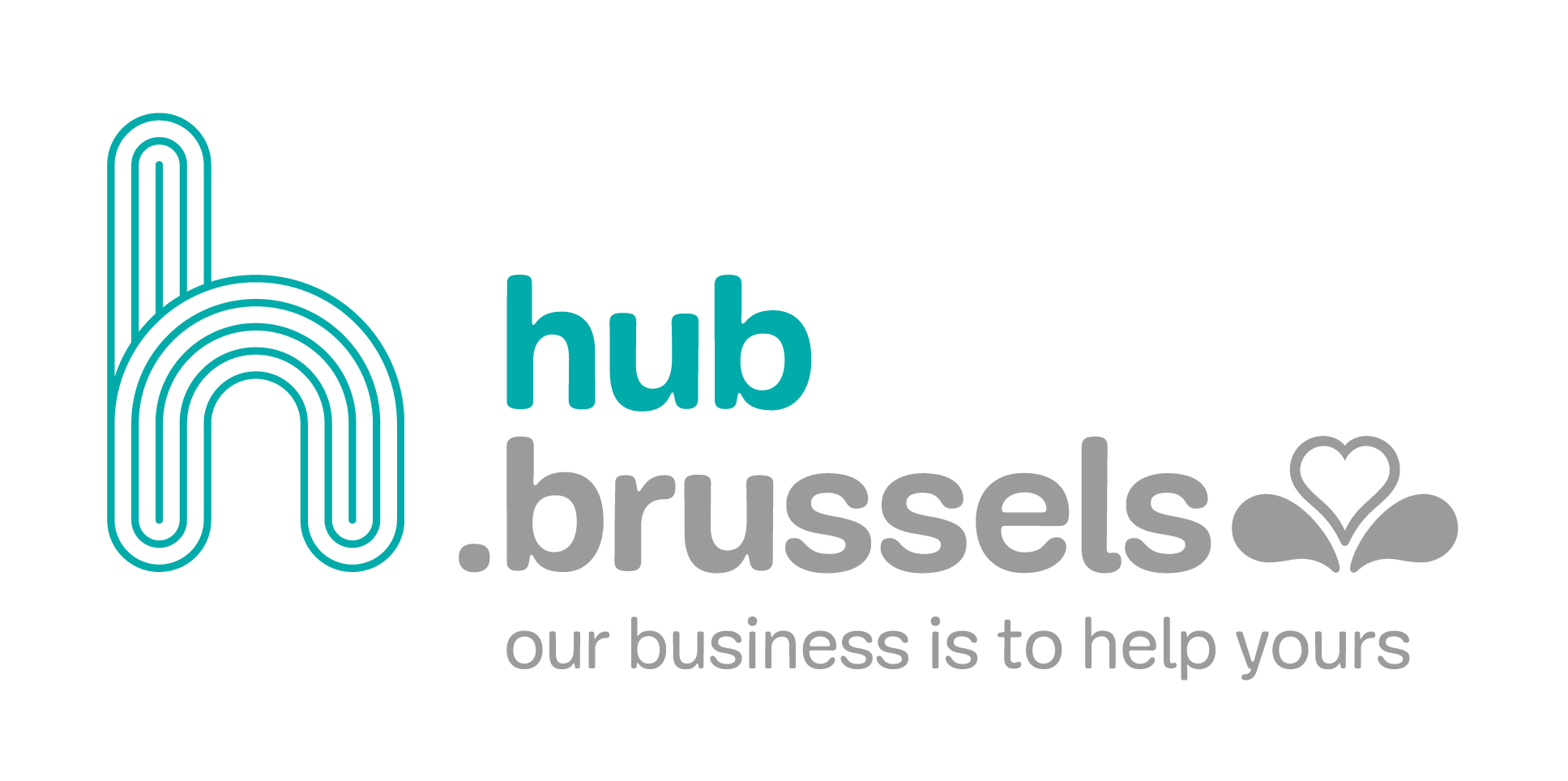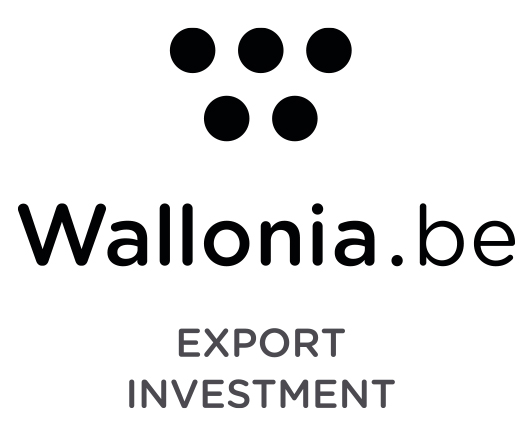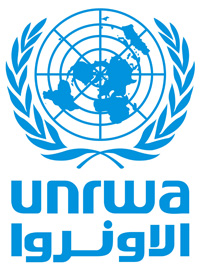1st edition, 2016
Focus on Saudi Arabia
Interview with H.E.M. Abdulrahman Sulaiman ALAHMED, Ambassador of the Kingdom of Saudi Arabia to Belgium, to the Grand Duchy of Luxembourg and Head of the Saudi Mission to the European Union

ABLCC: The history of Commercial relations between Belgium and Saudi Arabia goes back as far as the visit of King Faisal to Belgium and the visit of King Baudouin to the Kingdom of Saudi Arabia in 1975. Since then, mutual visits of official delegations have continued at all levels, most recently with the Belgian Princely Economic Mission of 2014. Could you tell us more about these relations?
H.E.M. Abdulrahman Sulaiman ALAHMED: Excellent friendly bilateral relations have bound Saudi Arabia and Belgium ever since both countries established diplomatic relations. There have been regular bilateral visits between the two countries, starting with the state visit of H.M. King Faisal to Belgium in 1967 and the state visit of H.M. King Baudouin to Saudi Arabia a few years later.
Bilateral relations on economic and trade cooperation also benefit from privileged ties that have been reinforced on multiple occasions, mainly in the last decade following the visit of the then prince, H.R.H. King Philippe of Belgium at the head of a 200-strong business delegation in 2009, and the multi-sectorial economic mission, presided in 2014 by H.R.H. Princess Astrid, representing His Majesty the King, with 353 participants. It is remarkable that the number of participants has almost doubled from one mission to the next, clearly showing the growing importance of these relations. This is also reflected in the fact that many Belgian companies (such as Besix, Solvay, Agfa Healthcare, Healthcare Belgium, Katoen Natie, Coprabel, Vigan, Continental Carbon) have been developing important projects in Saudi Arabia.
Between 2012 and 2014, Saudi Arabia accounted for one third of Belgian exports, making it Belgium’s second most important trading partner in the Arab world. Belgian exports to Saudi Arabia include mechanical and defense equipment, transport material, food products, pharmaceutical products and optical equipment. Belgian exports have seen a 60% increase from just over €1 billion in 2009 to €1.7 billion in 2014. This trend has been confirmed in the first nine months of 2015 with an increase in exports of 21.6% compared to the same period in 2014.
As regards Saudi Arabian exports to Belgium, it is worth mentioning that Saudi Arabia is currently Belgium’s second supplier among Arab countries, its exports range from plastic material and chemical products to common material, mineral and other products. Indeed, these exports have seen an increase from €704.9million in 2009 to €1.5 billion in 2014, more than doubling in barely 5 years.
Finally, it is worth noting that, on a European scale, Saudi Arabia is the European Union’s 11th largest trading partner, with total trade amounting to €63.889 billion, imports and exports combined, for the year 2014.
Newsflash
Saudi Arabia Plans $2 Trillion Megafund for Post-Oil Era:
In an interview conducted in Riyadh, Saudi Arabia, on March 30, 2016, Saudi Arabia's Deputy Crown Prince, Mohammed Bin Salman, announced that Saudi Arabia is getting ready for a post oil era by creating the world’s largest sovereign fund, which will eventually control more than $2 trillion and help wean the kingdom off oil.
As part of the strategy, the prince said the Kingdom would partially privatize Aramco and transform the oil giant into an industrial conglomerate.
He was quoted as saying that “the initial public offering (IPO) could happen as soon as next year, with the country currently planning to sell less than 5 percent”.
Therefore, the Aramco IPO and the transfer of its shares to the public investment fund (PIF) would technically make investments the source of Saudi government revenue, not oil.
http://www.almasryalyoum.com
ABLCC: While oil income is expected to continue to account for the vast majority of government revenues in the foreseeable future, the 10th development plan (2015-2019) places emphasis on the importance of economic diversification. What are the new or emerging economic sectors that have been identified? Where do you see opportunities for Belgian/Luxembourg businesses?
H.E.M. Abdulrahman Sulaiman ALAHMED: Saudi Arabia is determined to diversify its oil-dependent economy, not only by bringing in foreign expertise and capital, but also by expanding the private sector in particular. Last year, for example, the non-oil private sector contributed about 47 per cent to the country's economic output, almost twice the level achieved in 1974. But there is still a long way to go on the diversification front.
Since joining theWorld Trade Organization (WTO) in 2005, the Kingdom has opened up key sectors such as telecommunications and banking to foreign investors, begun developing new sectors and directed oil revenue into major infrastructure projects. The diversification of the economy is well underway and the government aims to double the contribution of industry to by 2020, up to 20% of GDP.
This diversification encompasses several sectors: industry, services and infrastructure projects, as well as projects in the field of health, education, manufacturing and the promotion of the private sector.
As part of the government’s 10th development plan there are ongoing efforts to diversify the economy geographically by building industrial developments around the country. By 2020, four new economic urban clusters are due to be completed in different regions of the country. Each of these projects will generate major investment opportunities in infrastructure, real estate and business in general.
Saudi Arabia aims to embrace innovation, and further develop a its knowledge economy; these transitions will require investments ranging from infrastructure to innovation, which represent a good opportunity for Belgian and Luxembourg investors to contribute with their expertise in fields as diverse as railway equipment and healthcare training and beyond. Moreover, the Kingdom is running programs that seek to bolster areas such as energy and downstream chemicals, security, aerospace and defense, healthcare and life sciences, transport and mining; we want to grow a more efficient services sector including retail, tourism, real estate, financial services and professional consulting; and we want to stimulate innovation and research in the ICT sector in order to boost our competitiveness.
As regards construction and engineering, the government’s 10th development plan projects investments across a certain number of sectors - $ 258.2bn in the real estate sector, $ 126.7bn in electricity, gas, and water, $40.98bn in transport and communications - that will open up windows of opportunity.
Further development and success in these sectors will give us the diversity that we are striving for in the future.

ABLCC: Female participation in the workforce has climbed from 12% in 2009 to 17.6% in 2014. The government is determined to develop the active participation of women in the economy either as entrepreneurs or investors. Could you expand on this? What would be your word of encouragement for Belgian/Luxembourg Business women?
H.E.M. Abdulrahman Sulaiman ALAHMED: In fact, the role of females in business and politics is becoming more and more important in the Kingdom of Saudi Arabia. It is worth mentioning that in 1960 the Saudi Government introduced a national education program for girls: by 1970 only 50% of the Saudi girls were attending school, but only five years later education was available to all Saudi girls. Actually Saudi women represent 60% of university students and 65% of university graduates. Only 8 OECD members have a higher rate.
This development in the Kingdom of Saudi Arabia has increased the opportunities for women in both education and employment. Today, opportunities for women in Saudi Arabia are developing much faster than other countries can imagine. Their emancipation is observable on all levels in the Kingdom where women have obtained eminent positions in many fields such as banking and financial sector, arts and culture, administration, education, sciences, media and, they are ranked second among Arab countries. According to the latest statistics published the Saudi Ministry of Labor an impressive 29% of managerial positions in the private sector are held by women. Some of the most influential Saudi women are also renowned on the international stage.
30 Saudi women have taken seats in the Consultative Council “local parliament” with 120 males; women represent about 20% of the Council members. Women occupy many functions in various ministries, in diplomacy and locally in municipalities. They contribute significantly to boosting knowledge, developing creativity, and introducing changes to improve life, sending a clear positive message about the position of women in Saudi Arabia. The Western cliché of Arab women excluded from social, political and economic life does not reflect the on-going changes in our society.
ABLCC: What is being done to increase support for foreign workers employed in the Kingdom? What steps have been taken to make investing in Saudi Arabia easier for foreign companies?
H.E.M. Abdulrahman Sulaiman ALAHMED: One of the main objectives of the Ministry of Labor is to make Saudi Arabia one of the best working environments for guest workers, to protect all employees irrespective of their nationality, and thus to attract a high quality work force to the country.
The Ministry has focused on a number of new measures aiming to:
- increase mobility of foreign workers: employees of low-ranked firms can move to higher-ranked companies without seeking permission from their current employer.
- protect wages: private sectors workers, including foreign workers, are fully protected within the wage system and remunerated in accordance with their contracts
- support domestic workers through regulated working hours, guaranteed time off, sick pay and worker accommodation and regulated means of payment.
ABLCC: What are the key factors that make Saudi Arabia an attractive destination for foreign investment?
H.E.M. Abdulrahman Sulaiman ALAHMED: First of all, despite global concerns, Saudi Arabia robust and stable economy continues to grow at the third-fastest rate in the world, just behind India and China. Saudi Arabia, member of the Gulf Cooperation Council (GCC) and the G20, has also been a member of the WTO since 2005 which has resulted in the signing of a certain number of free trade agreements.
Foreign investors benefit from a host facilities to establish their business in Saudi Arabia as a business hub at the crossroads of Europe, Asia and Africa. This offers companies a platform from which they can easily reach markets in the rest of the Middle-East along with the world’s fastest-growing markets. 300 million people can be reached within a 3-hour flight.
In addition to a very competitive rate of corporation tax, companies enjoy the full repatriation of profits, 100% foreign ownership is allowed in most sectors, and companies have access to affordable energy and land.
The Saudi Arabian General Investment Authority (SAGIA) has created a one-stop shop where an investor can find all government ministries relevant to their business under one roof. Last but not least, one should keep in mind that the Kingdom is at an early stage of its economic diversification which creates a whole range of new and dynamic investment opportunities.





















